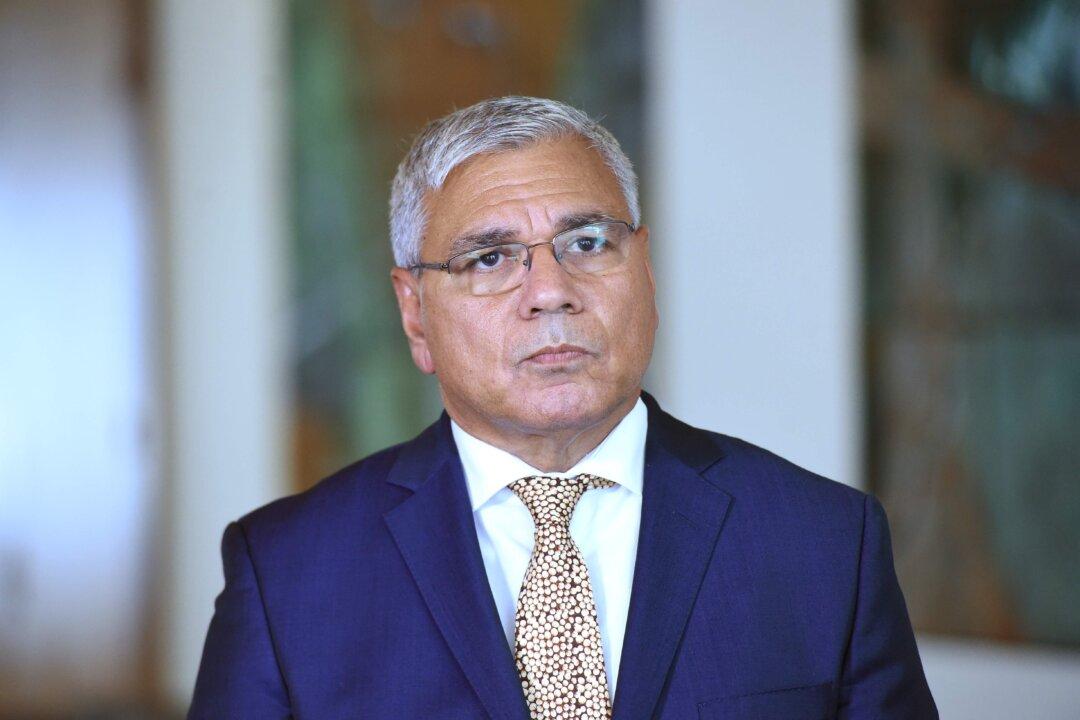Changing the Constitution to include the “Indigenous Voice” is dangerous as it risks turning the foundational law of Australia into a tool for discrimination, according to Indigenous leader Nyunggai Warren Mundine.
The push for constitutional reform to recognise Indigenous people has grown louder after newly elected Australian Prime Minister Anthony Albanese pledged he would commit to the Uluru Statement from the Heart “in full” in his election victory speech on Saturday.




